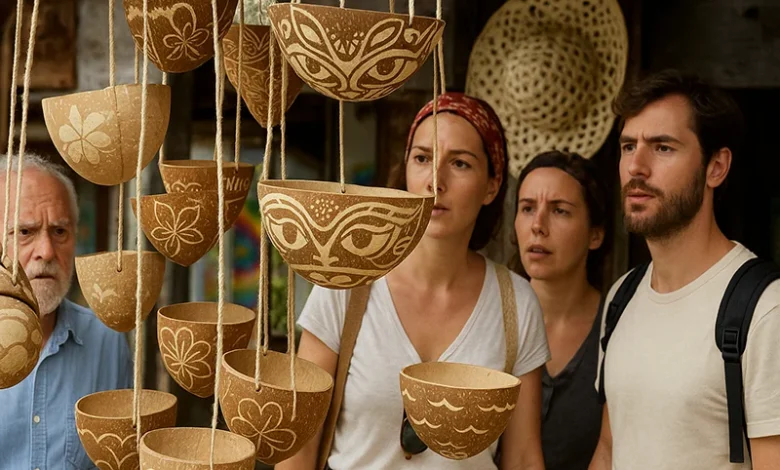Strengthening Community Resilience in the Kalinago Territory (SCR-K)

The Strengthening Community Resilience in the Kalinago Territory (SCR-K) initiative is a US$1 million development project launched in December 2024 to support the indigenous people of Dominica, the Kalinago. It is a collaboration between the Government of Dominica, the United Nations Development Programme (UNDP), and the Government of India through the India-UN Development Partnership Fund. The project aims to promote long-term sustainability, improve livelihoods, and enhance environmental protection through local leadership and culturally appropriate development strategies.
Project Scope and National Context
The Kalinago Territory spans 15 km² on the island’s northeast coast and is home to the Caribbean’s last remaining indigenous population. The SCR-K project was developed in response to climate vulnerability, food insecurity, and economic challenges affecting the area. It aligns with Dominica’s National Resilience Development Strategy 2030 and supports the Sustainable Development Goals, particularly those focused on poverty reduction, environmental sustainability, and indigenous empowerment.
The project takes a multi-sectoral approach, targeting three key areas: sustainable agriculture, forest and watershed conservation, and eco-tourism.
Project Focus Areas and Activities
Sustainable Agriculture
The initiative supports the establishment of a greenhouse park in the northern Kalinago belt and provides training in climate-smart agricultural practices. The project is designed to boost local food security while improving production methods and food storage techniques, while reducing reliance on external supply chains. These efforts also open pathways to agribusiness development and value-added processing.
Forest and Watershed Management
The Kalinago Territory has experienced increasing environmental pressures due to deforestation, shifting weather patterns, and erosion. The project includes a reforestation component, improved water retention systems, and community-based monitoring of ecosystems. It aims to protect vital natural resources while restoring biodiversity in areas prone to degradation.
Indigenous Eco-Tourism
The SCR-K project promotes heritage tourism as a pillar of sustainable development. It supports preserving and interpreting Kalinago cultural practices while improving visitor infrastructure and services. Emphasis is placed on training youth and artisans in eco-tourism entrepreneurship and cultural storytelling to create long-term economic opportunities.
Leadership and Implementation
The initiative is led by the Ministry of Environment, Rural Modernisation, Kalinago Upliftment and Constituency Empowerment under the stewardship of Honourable Cozier Frederick. The program was formally launched at Kalinago Barana Autê, the Kalinago cultural village, and received support from the Kalinago Council, UNDP representatives, and the Indian High Commission. Minister Frederick emphasized the value of collaborative funding and culturally sensitive approaches in shaping recovery, resilience, and long-term community well-being.
Outcomes and Future Vision
SCR-K aims to enhance food security, create jobs, safeguard natural ecosystems, and strengthen the cultural and economic foundations of the Kalinago community. The project is also seen as a model for how indigenous knowledge can inform development solutions in harmony with global climate and sustainability goals.
Over the long term, the SCR-K initiative is expected to serve as a replicable framework for other small island and indigenous communities in the Caribbean and beyond, demonstrating how localized solutions can contribute to national resilience.




